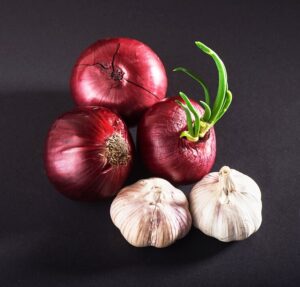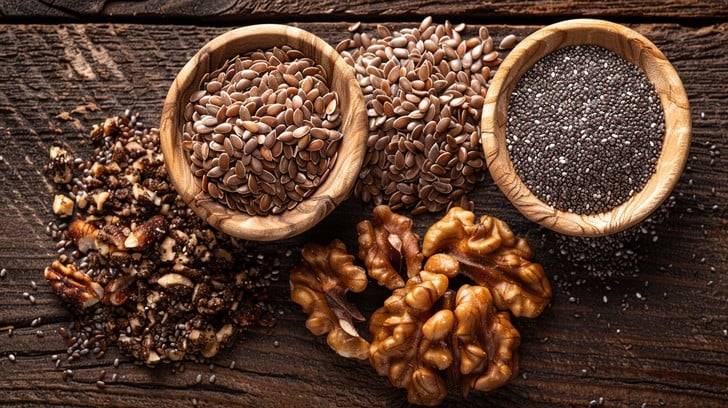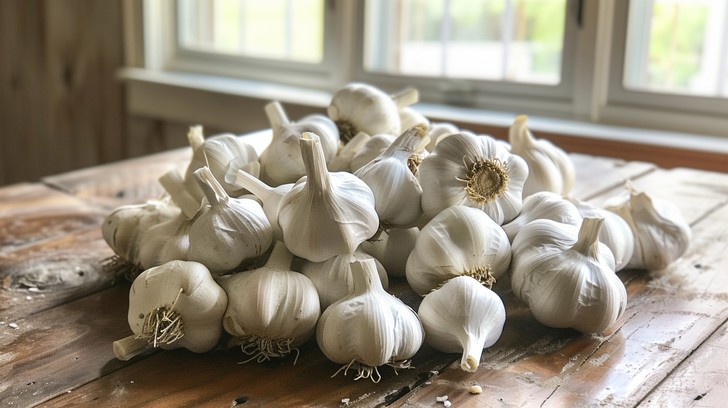 Onion and Garlic, two of the most widely used ingredients in the world, have a rich history that spans thousands of years. Their origins, cultural significance, and medicinal uses have made them indispensable in culinary and medicinal practices across various civilizations.
Onion and Garlic, two of the most widely used ingredients in the world, have a rich history that spans thousands of years. Their origins, cultural significance, and medicinal uses have made them indispensable in culinary and medicinal practices across various civilizations.
History of Onion
Origin and Early Use:
- The exact origin of onions is difficult to pinpoint, but it is believed that they originated in Central Asia, likely in present-day Iran and West Pakistan. Onions have been cultivated for over 5,000 years, with evidence of their use found in ancient Mesopotamian texts and Egyptian tombs.
- Ancient Egyptians revered onions, believing their spherical shape and concentric rings symbolized eternal life. Onions were often placed in the tombs of pharaohs as a form of sustenance for the afterlife.
- In ancient Greece, onions were used to fortify athletes before the Olympic Games. They were known for their ability to boost physical stamina and were consumed in large quantities by soldiers and athletes alike.
Cultural Significance:
- Onions were a staple in the diet of the Roman Empire, where they were valued for their medicinal properties. Roman soldiers carried onions on their campaigns as a form of sustenance and protection against infections.
- During the Middle Ages, onions were among the few vegetables that were available year-round, making them a crucial part of the European diet.
- Onions were brought to the Americas by the early European settlers, and they quickly became an integral part of the cuisine in the New World.
History of Garlic
Origin and Early Use:
- Garlic is believed to have originated in Central Asia, specifically in the regions of Kyrgyzstan, Turkmenistan, and Uzbekistan. It has been cultivated for over 7,000 years and was highly valued by ancient civilizations.
- Ancient Egyptians used garlic for both culinary and medicinal purposes. It was given to laborers building the pyramids to increase their strength and endurance. Garlic was also used in religious rituals and was often placed in the tombs of pharaohs.
- In ancient India, garlic was used in traditional medicine (Ayurveda) and was considered to have therapeutic properties.
Cultural Significance:
- Garlic was highly esteemed in ancient Greece and Rome. The Greek physician Hippocrates, known as the “Father of Medicine,” prescribed garlic for a variety of ailments, including respiratory issues, digestive disorders, and infections.
- Roman soldiers consumed garlic before battle, believing it would give them courage and strength. Garlic was also used as a form of currency and was often exchanged in trade.
- In medieval Europe, garlic was thought to ward off evil spirits, witches, and vampires. This belief persisted for centuries and is still a popular trope in folklore and literature.
Medicinal Uses Throughout History:
- Both onions and garlic have been used for their medicinal properties for millennia. Ancient texts from Egypt, Greece, Rome, China, and India document their use in treating a wide range of ailments, including infections, respiratory issues, and digestive problems.
- During the 18th and 19th centuries, onions and garlic were used in Europe to protect against the plague. Soldiers in both World Wars used garlic as an antiseptic to prevent gangrene and treat wounds.
Modern Day Use
- Today, onions and garlic are key ingredients in cuisines worldwide. They are essential in a variety of dishes, from soups and stews to sauces and marinades.
- Modern research has confirmed many of the traditional health benefits of onions and garlic, including their antibacterial, antiviral, and anti-inflammatory properties.
Conclusion
The history of onion and garlic is as rich and layered as the ingredients themselves. From their humble beginnings in ancient agriculture to their current status as culinary staples, onions and garlic have left a lasting legacy on human culture and cuisine. Their enduring popularity is a testament to their versatility, flavor, and health benefits, making them timeless ingredients in kitchens around the world.







